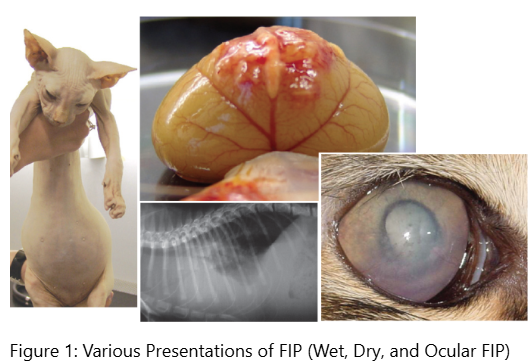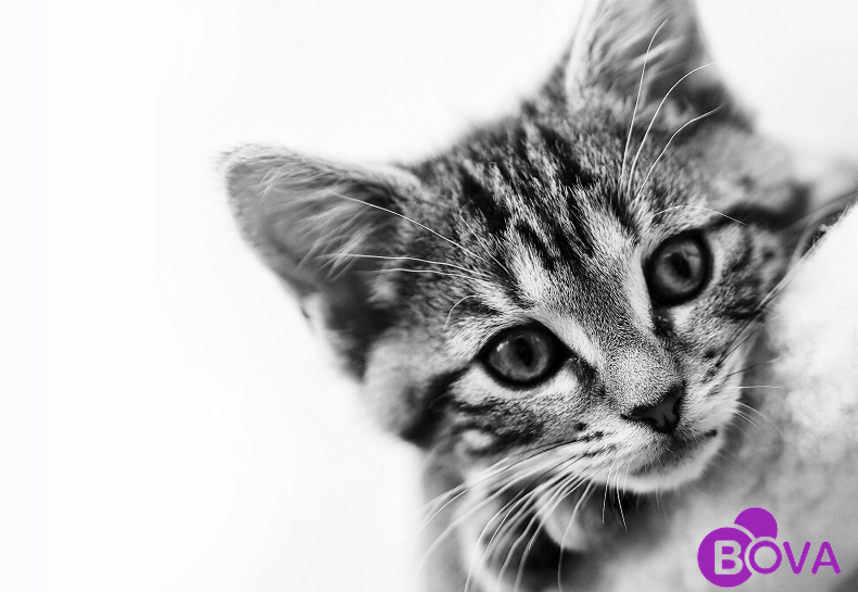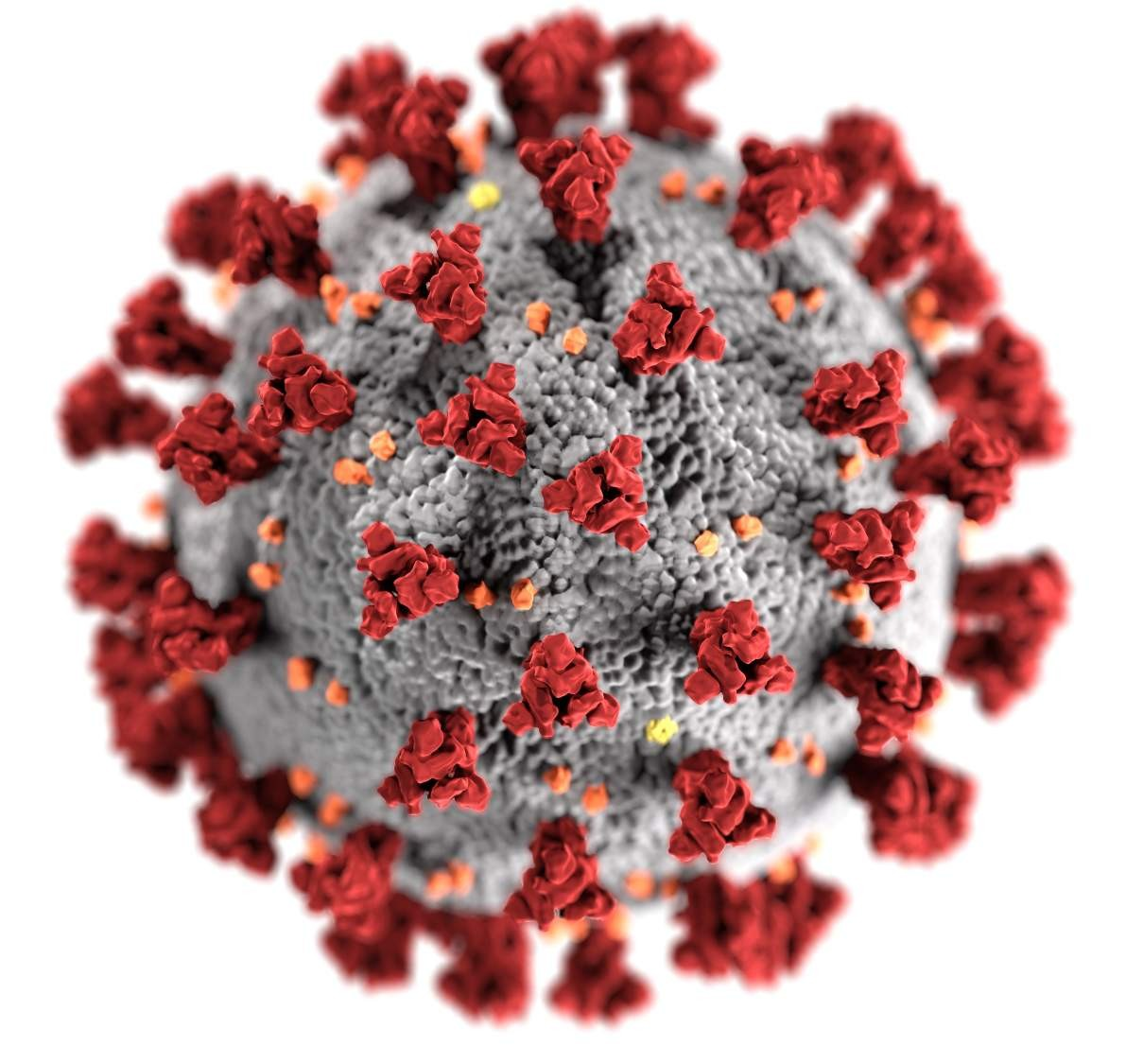Introduction
Feline Infectious Peritonitis (FIP) is a complex and often devastating disease that affects cats worldwide. As veterinarians in Canada, it is crucial to stay informed about FIP to provide the best care for our feline patients. This blog post aims to shed light on what FIP is, its clinical signs and symptoms, the different types of FIP, and the treatment options available, including our compounded oral suspension and tablets.
What is FIP?

FIP is caused by a mutation of the feline coronavirus (FCoV). While most strains of FCoV are benign and cause mild gastrointestinal symptoms, a mutation can lead to FIP, which is almost always fatal if left untreated. The disease primarily affects young cats and those with weakened immune systems.
Clinical Signs and Symptoms
The clinical signs of FIP can be varied and often nonspecific, making diagnosis challenging. Common symptoms include:
- Persistent fever that does not respond to antibiotics
- Weight loss and anorexia
- Lethargy
- Abdominal distension
- Jaundice
Types of FIP

FIP manifests in two main forms: wet (effusive) and dry (non-effusive). Each type presents differently and requires distinct diagnostic approaches.
Dry FIP: Unlike wet FIP, dry FIP does not involve fluid accumulation. Instead, it causes granulomas to form in various organs, leading to symptoms such as neurological signs, ocular changes, and organ dysfunction.
Wet FIP: This form is characterized by the accumulation of fluid in the abdomen or chest, leading to noticeable swelling and respiratory distress. The fluid is typically yellow and viscous.
Ocular FIP: A subset of dry FIP, ocular FIP specifically affects the eyes, causing symptoms like uveitis, retinal detachment, and hemorrhage.
Treatment Options
While FIP was once considered untreatable, recent advancements have brought hope. Treatment options now include antiviral medications that can significantly improve the prognosis for affected cats. Our clinic compounds an oral suspension and tablets specifically designed to treat FIP, offering a tailored approach to managing this disease.
Conclusion
FIP remains a challenging disease for veterinarians, but with ongoing research and new treatment options, there is hope for better outcomes. Staying informed and utilizing available treatments can make a significant difference in the lives of our feline patients. If you have any questions or need further information about our compounded treatments, please do not hesitate to contact us.
Solutions and Resources
Contact us for any questions about FIP or BOVA GS-441524 and one of our team member will be able to support you.
Email: Info@trutinapharmacy.com | Phone: 1-866-419-9303 | Fax: 1-866-418-9343




